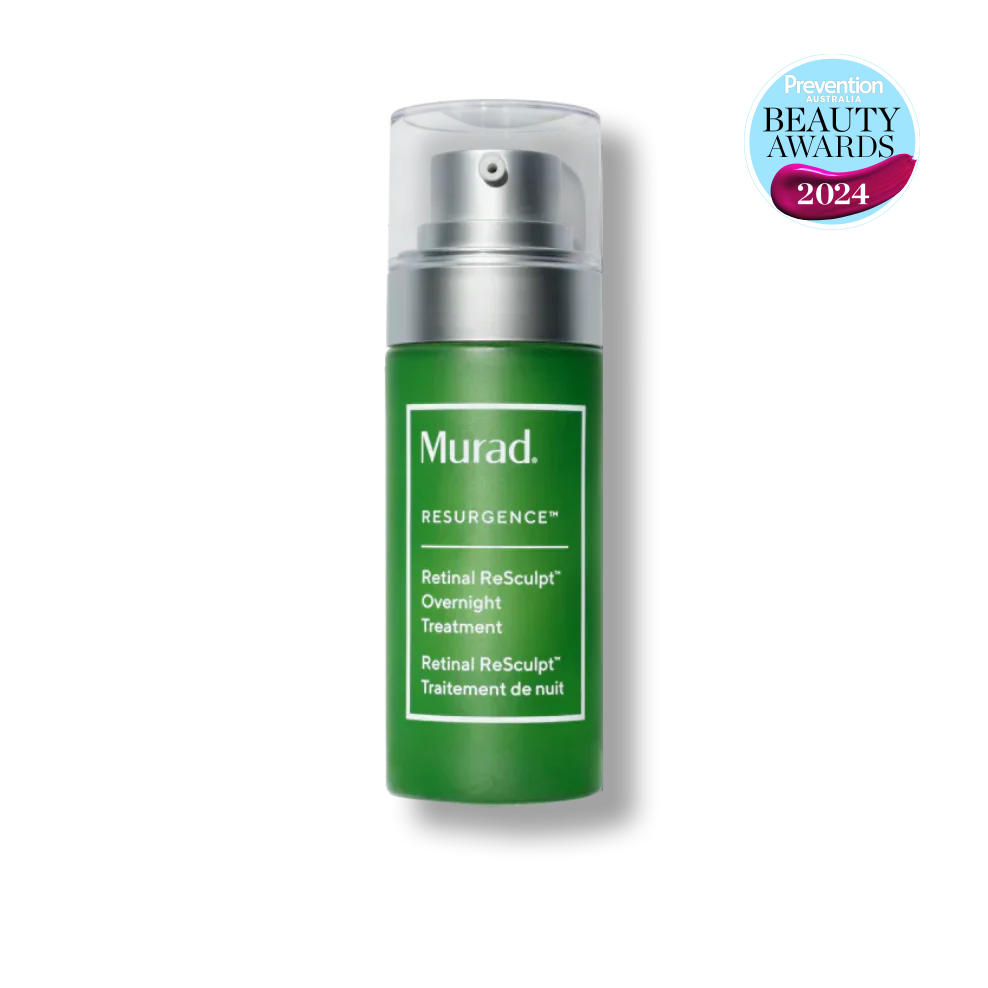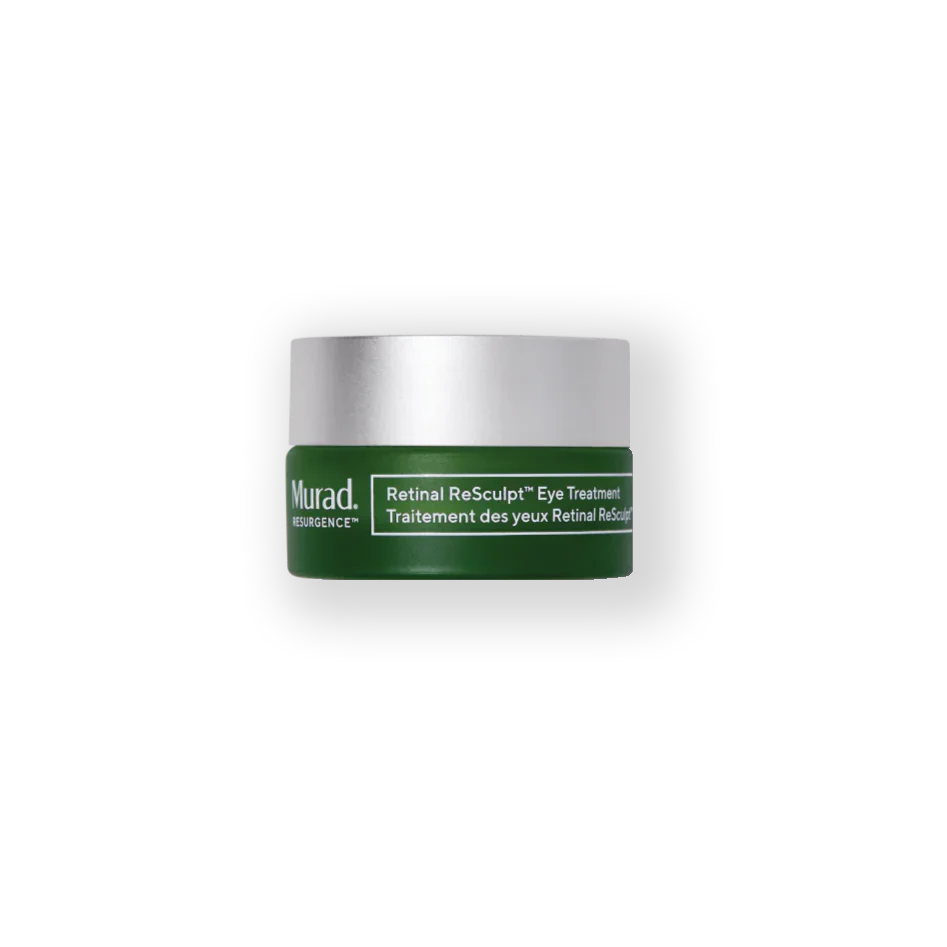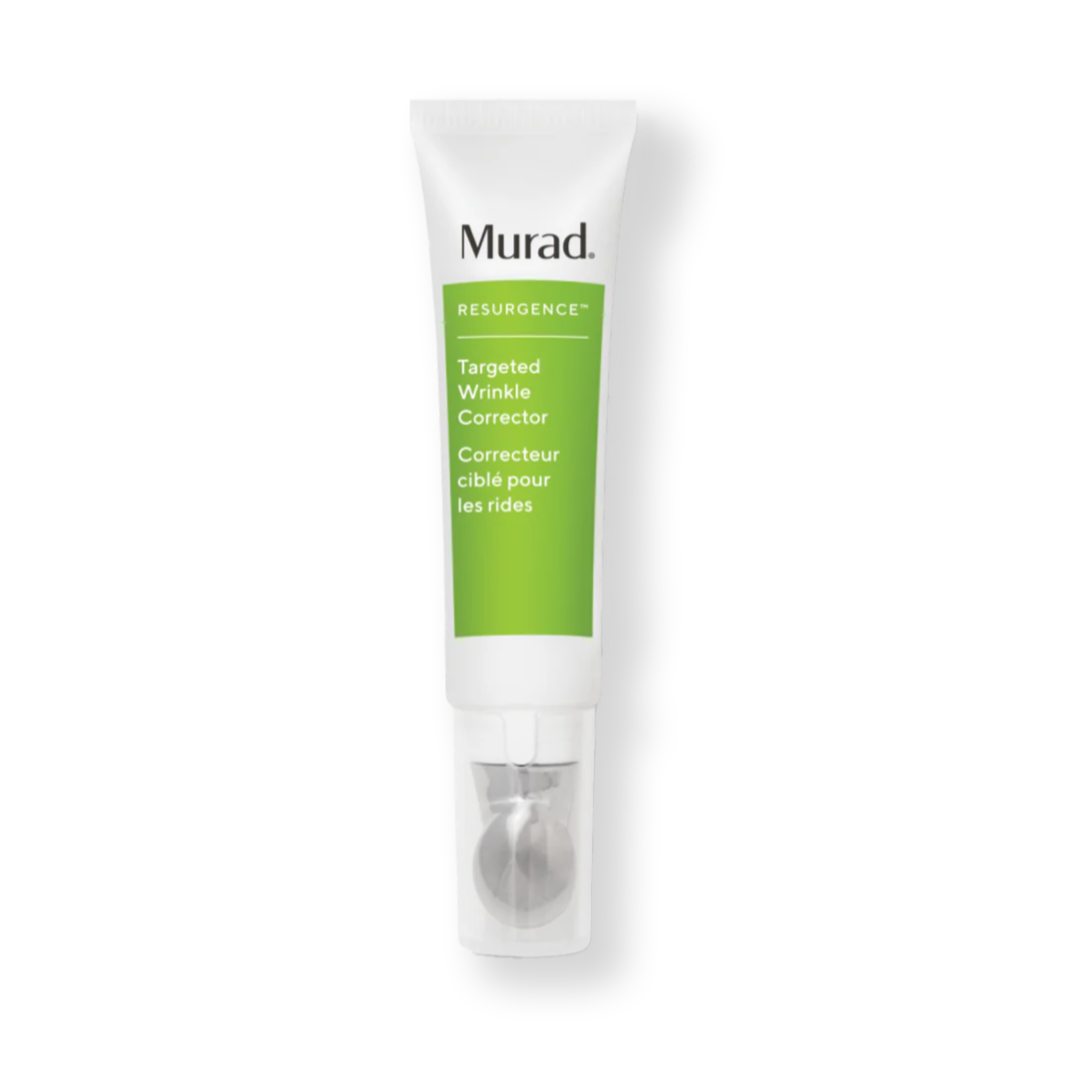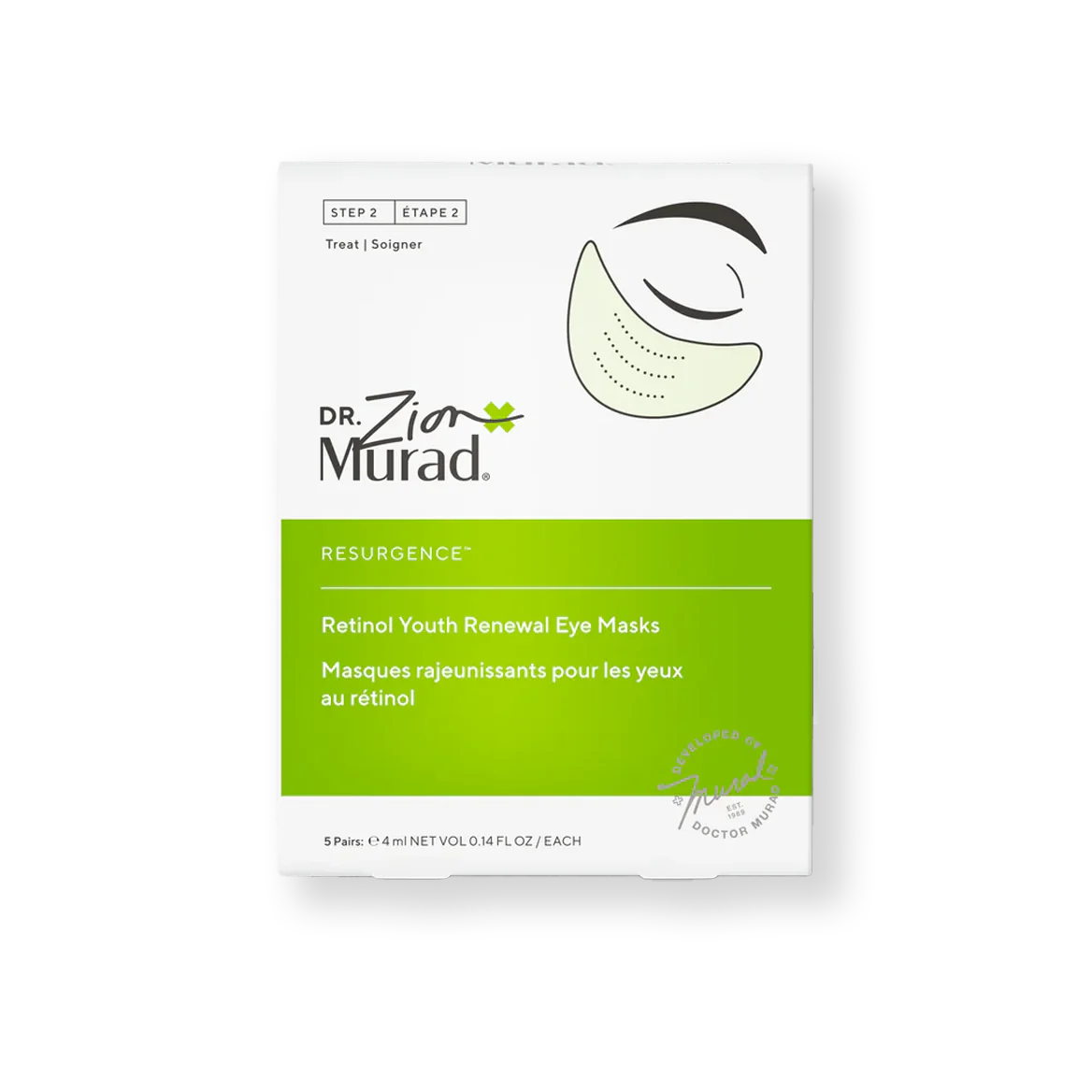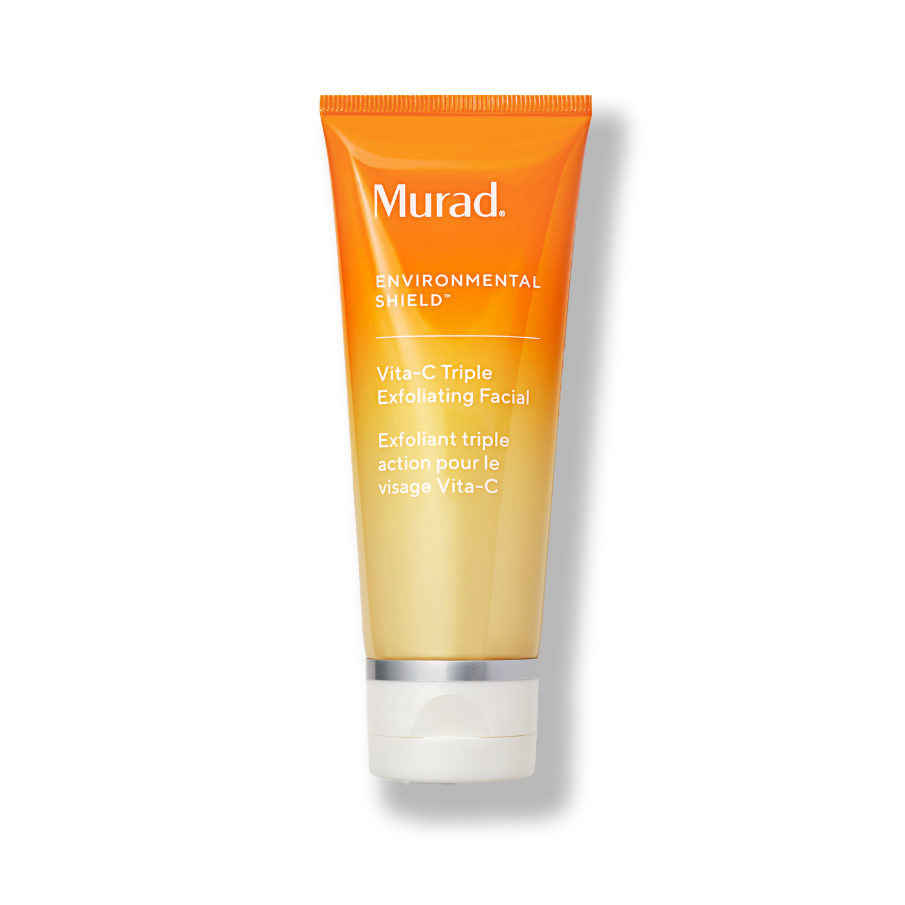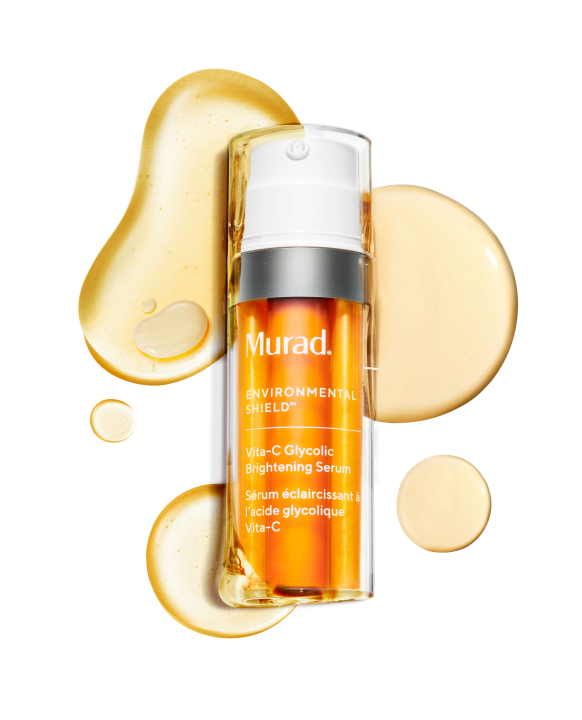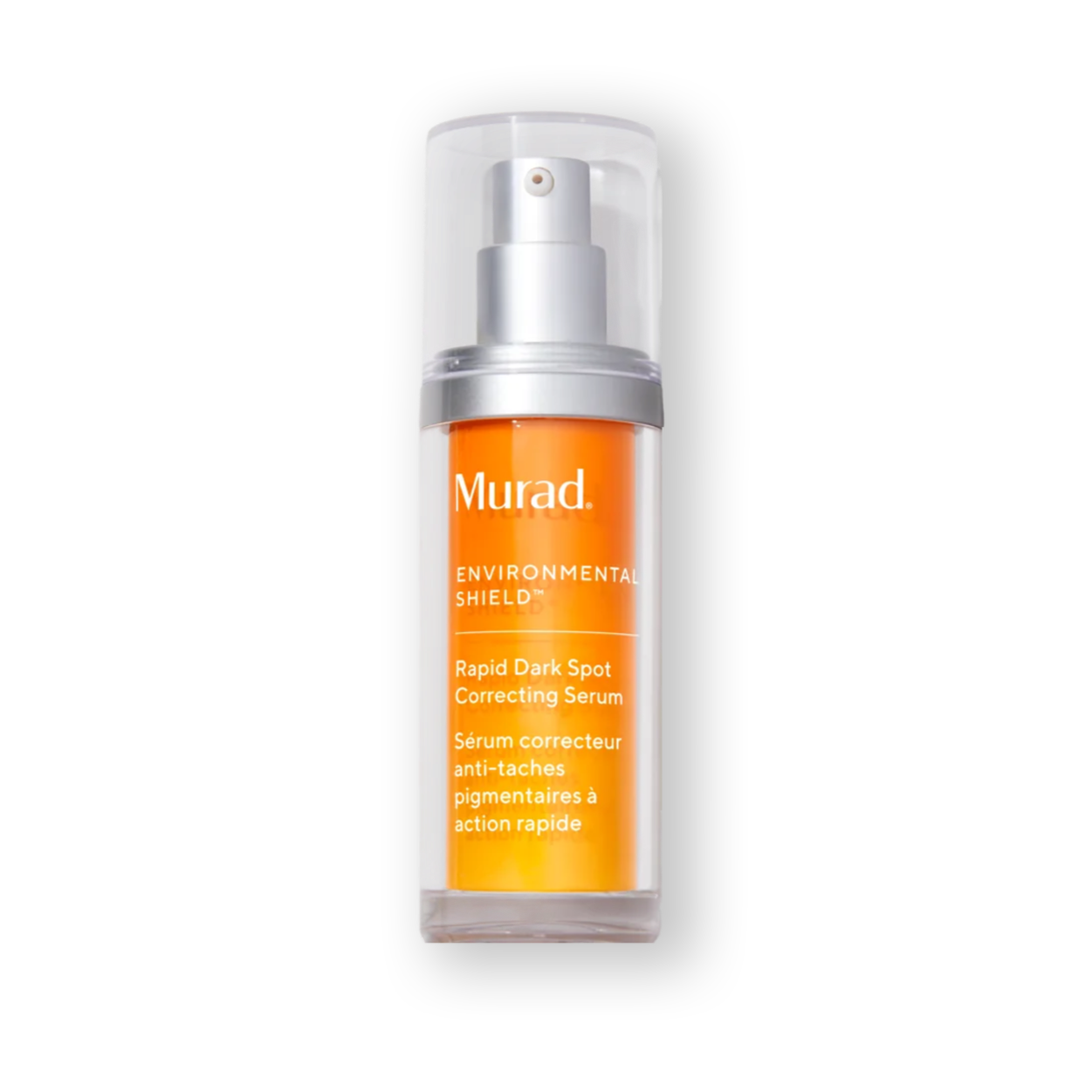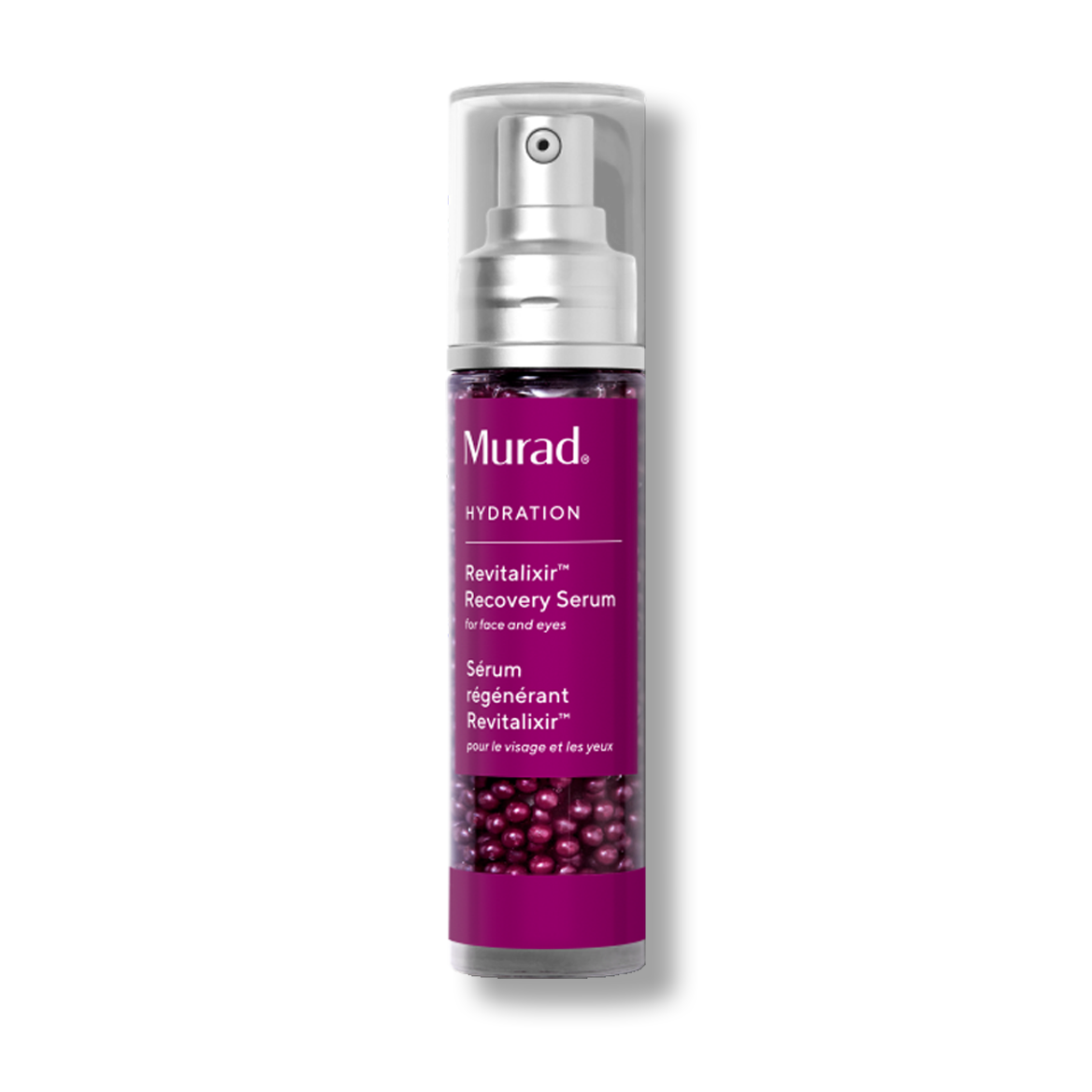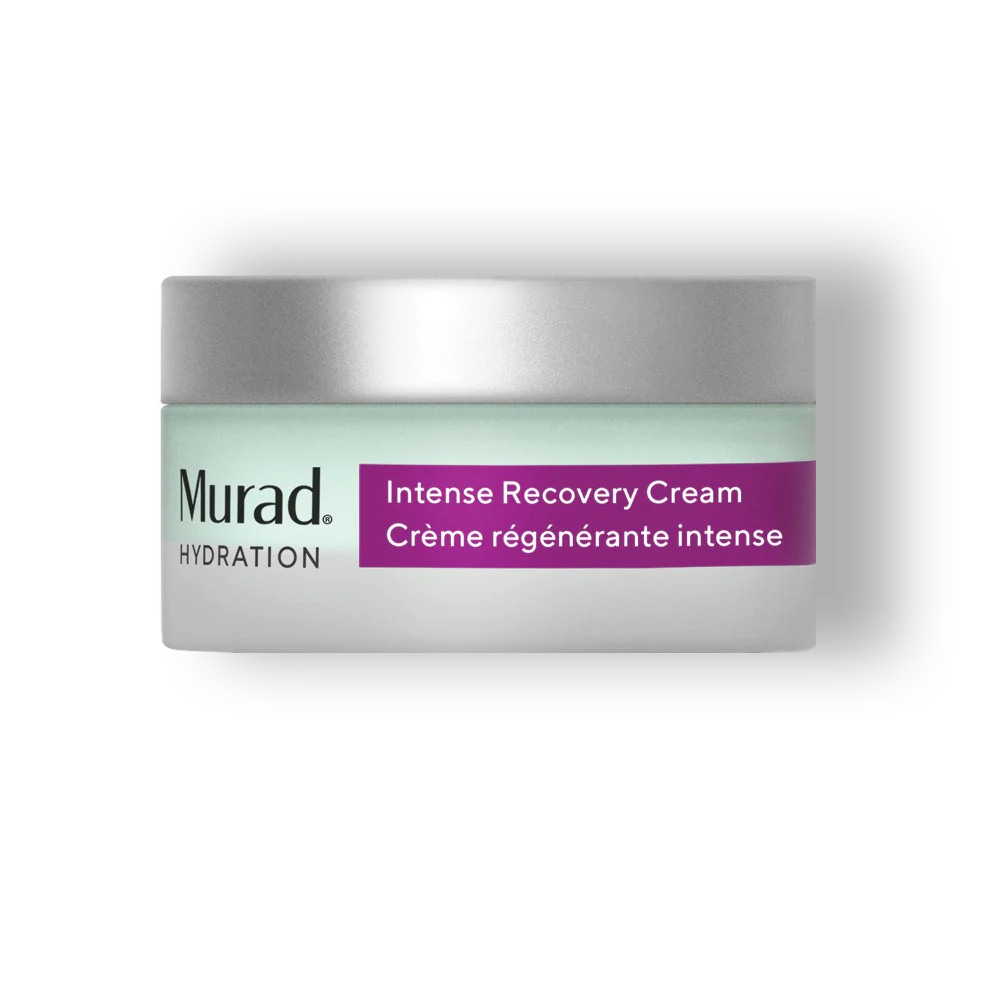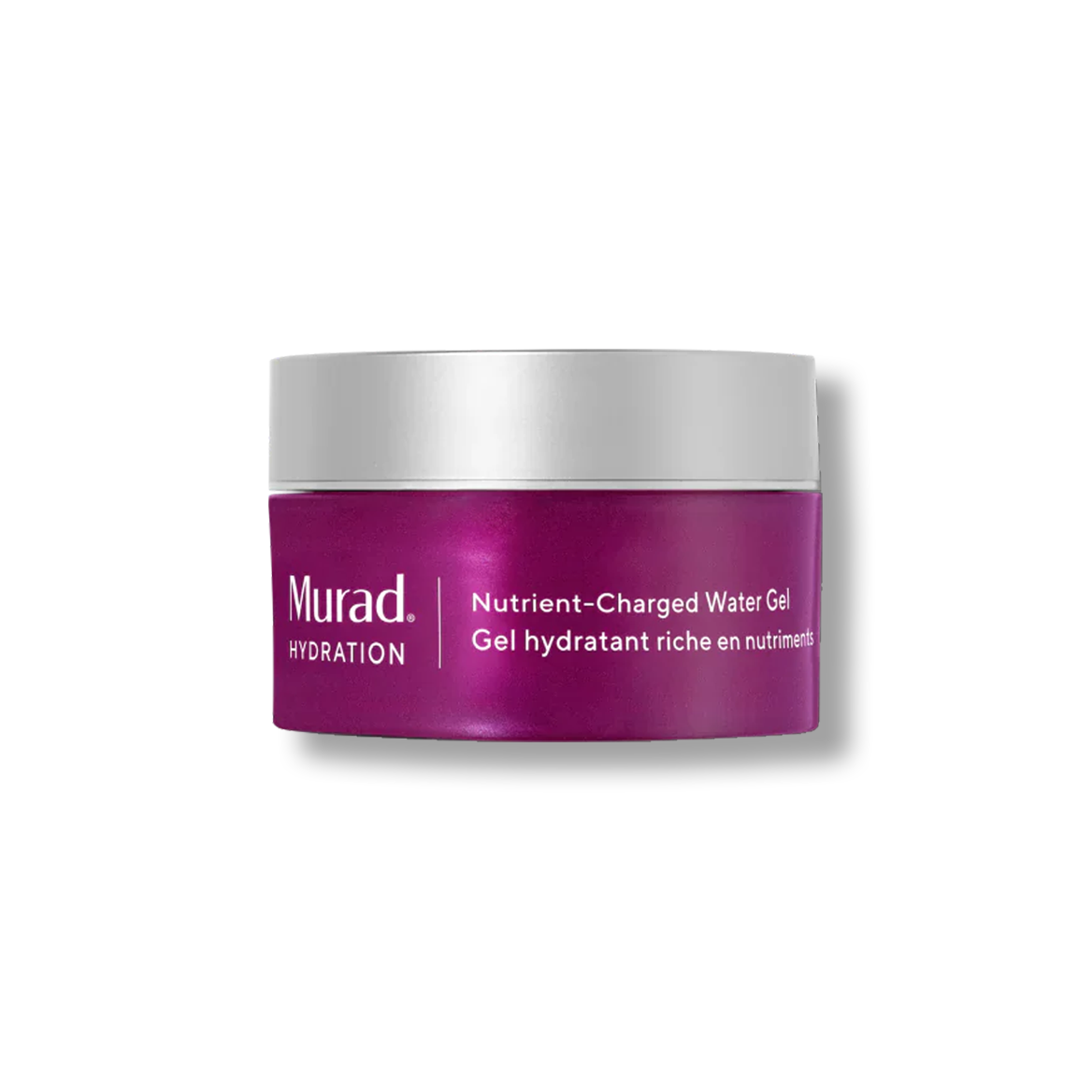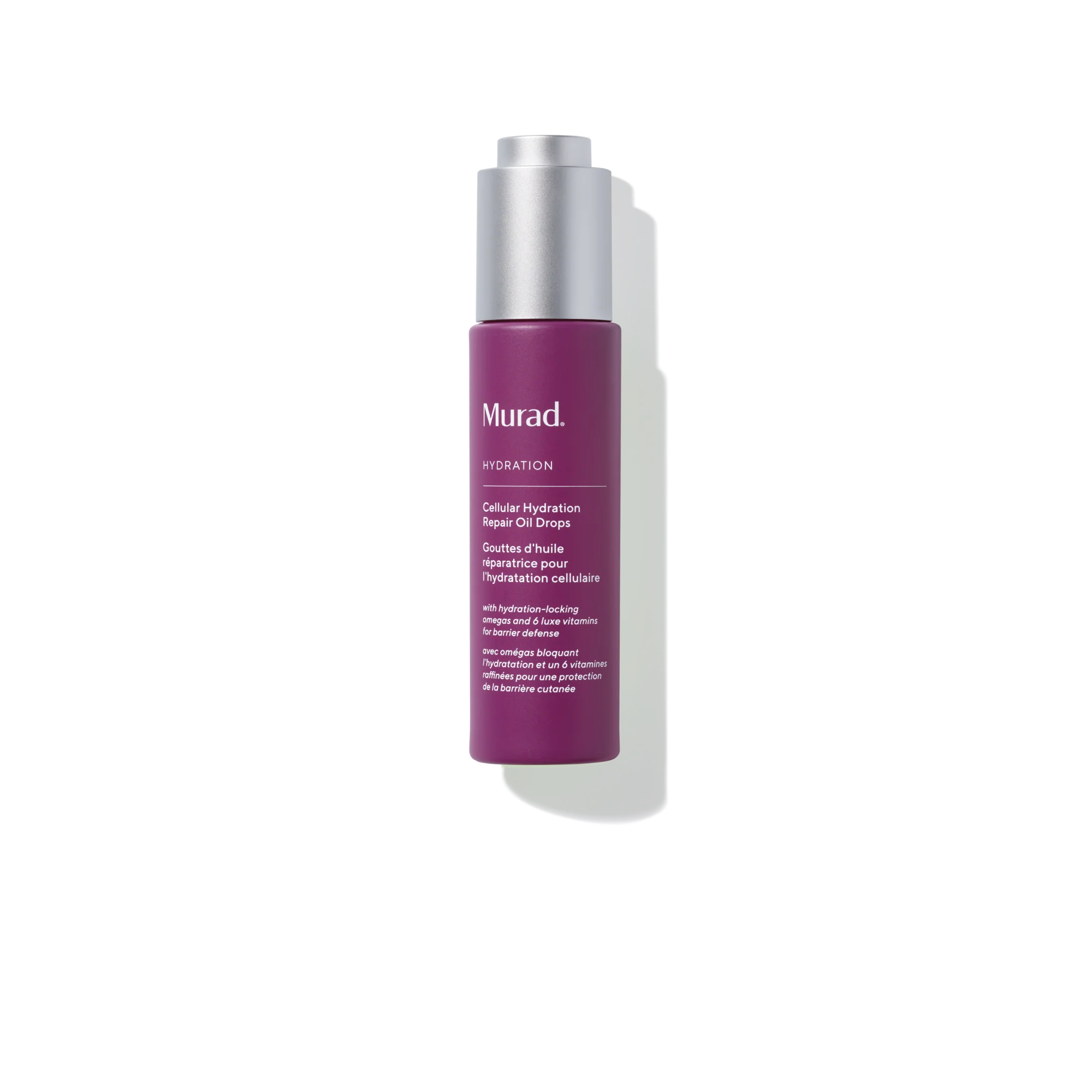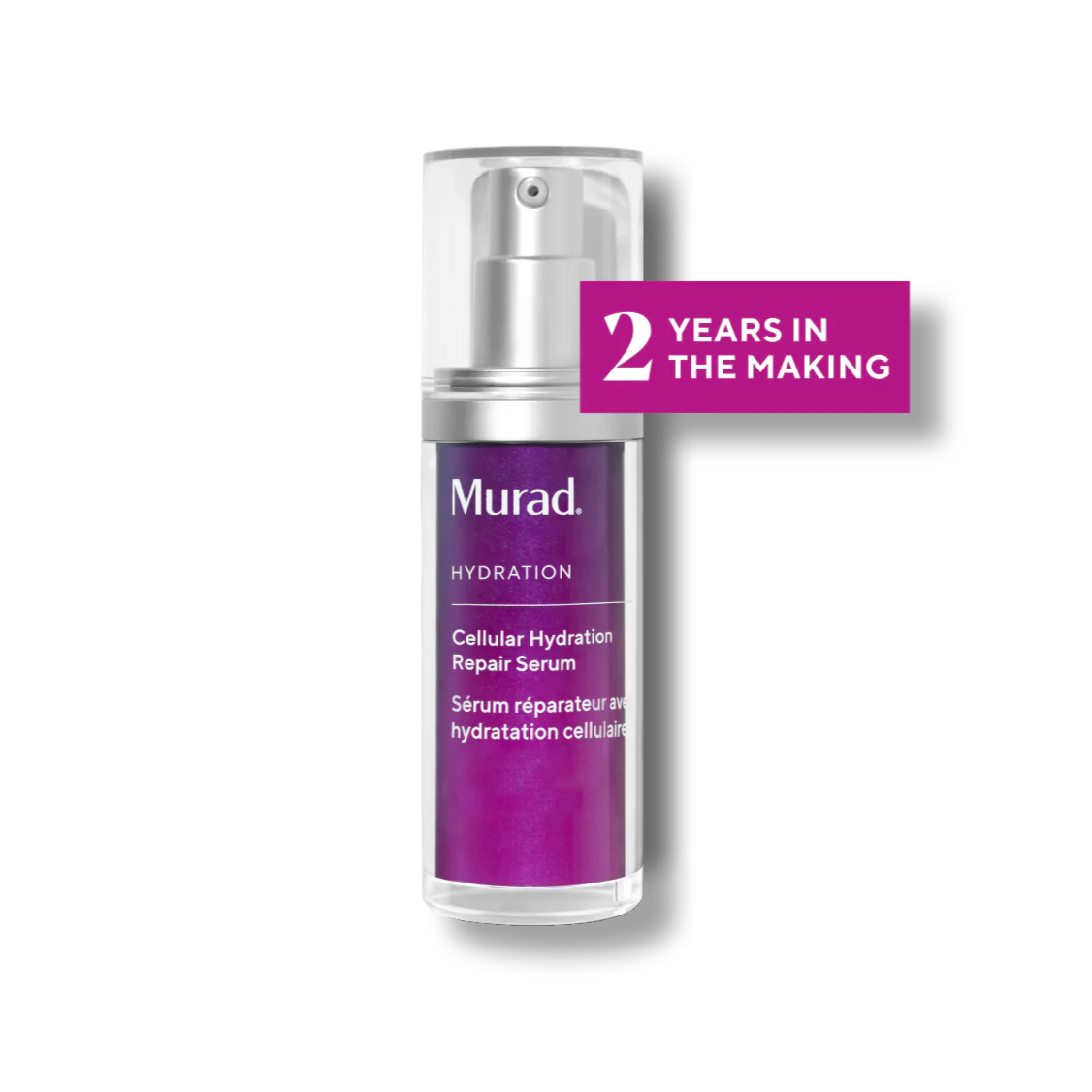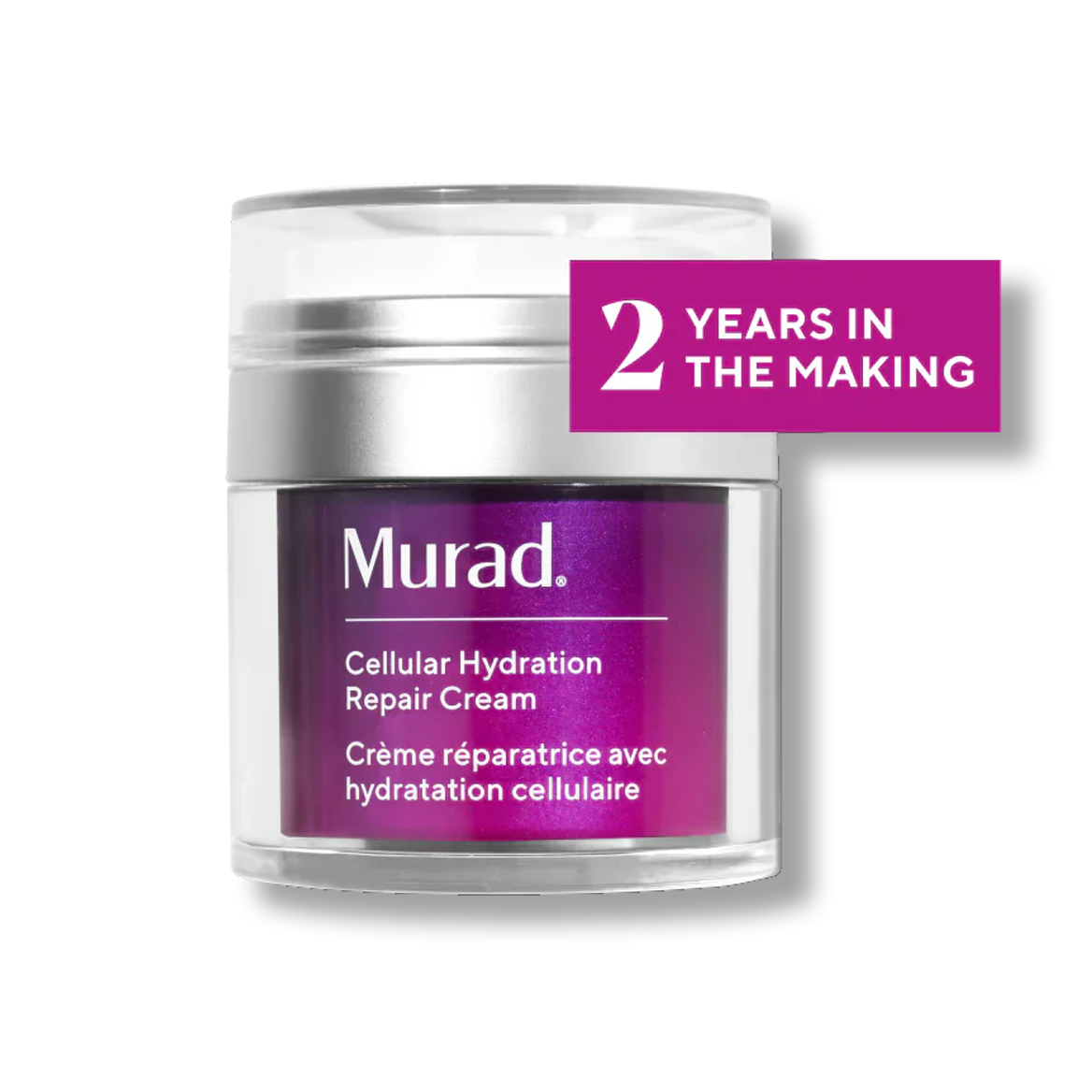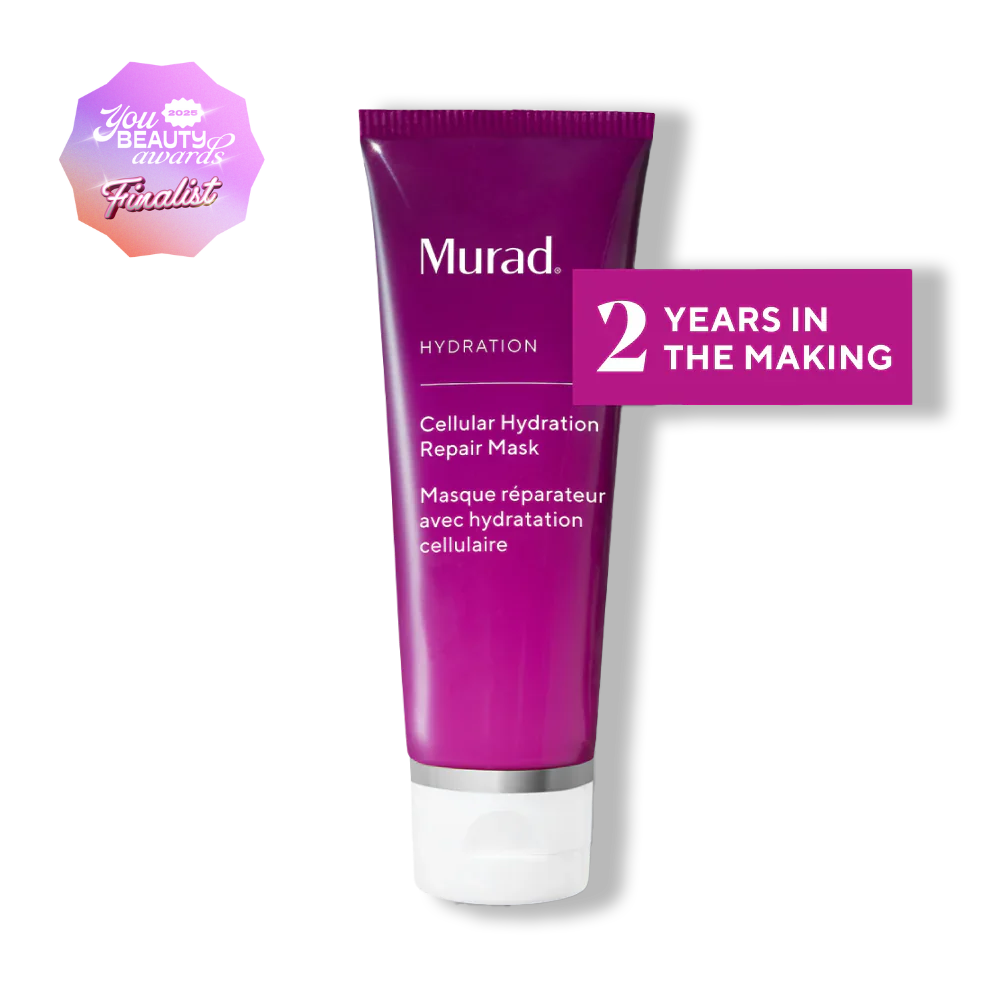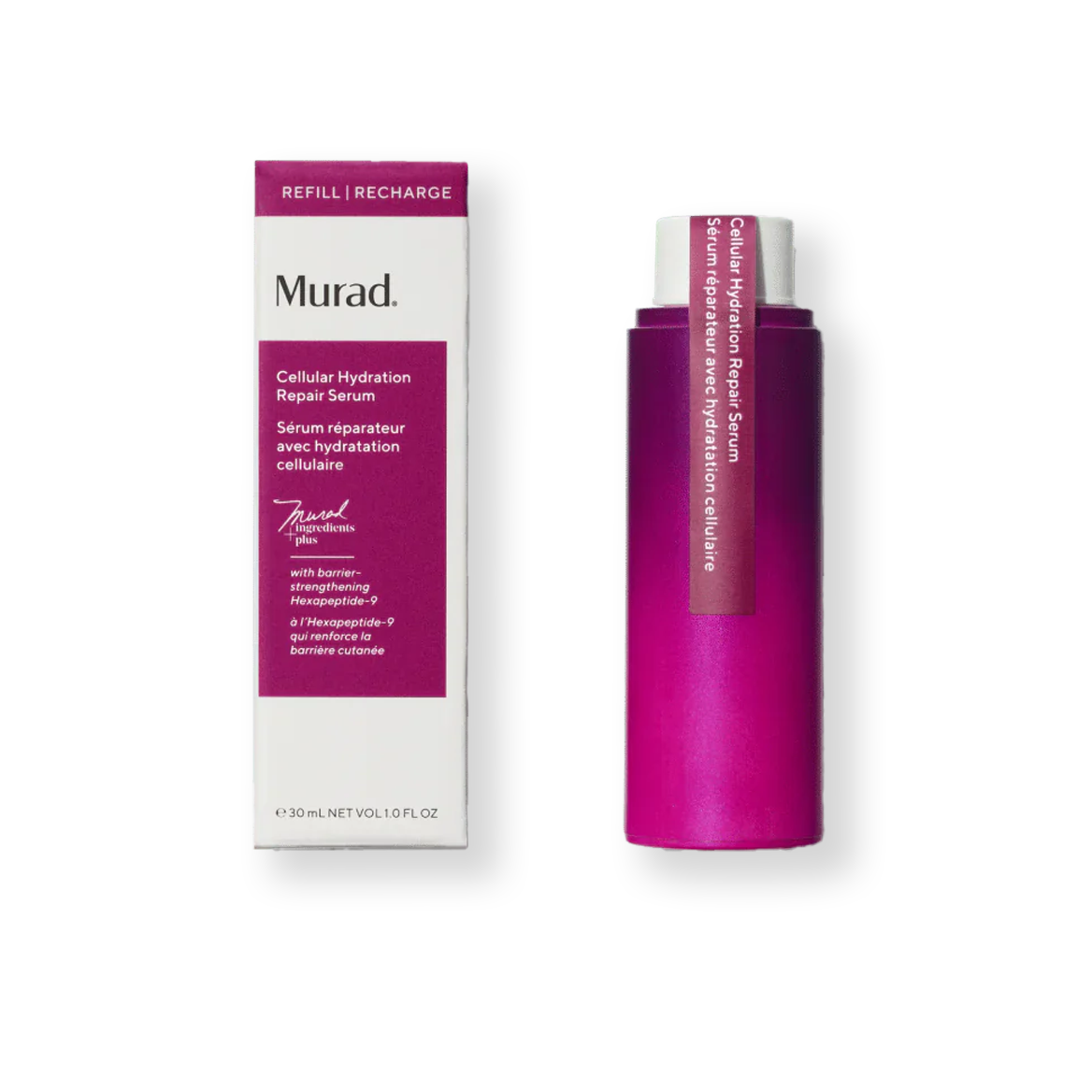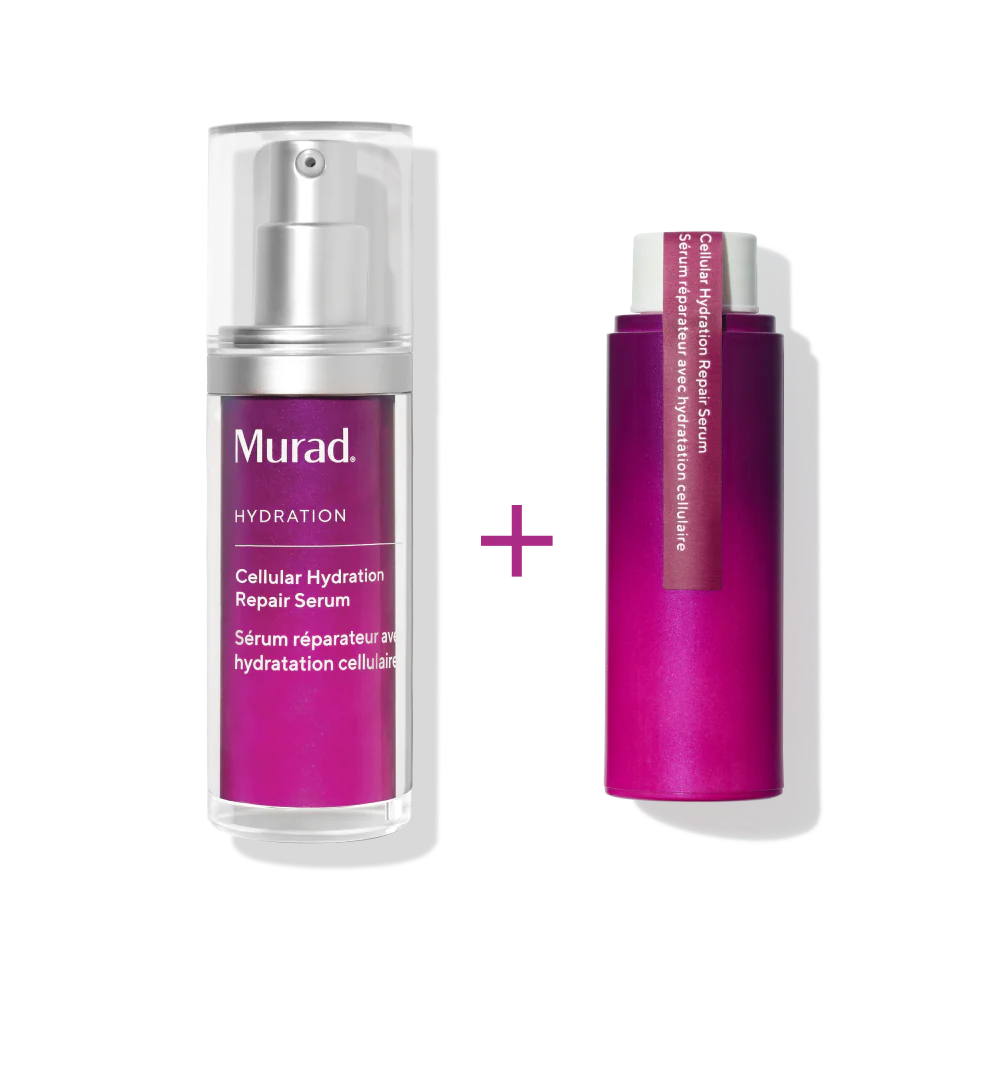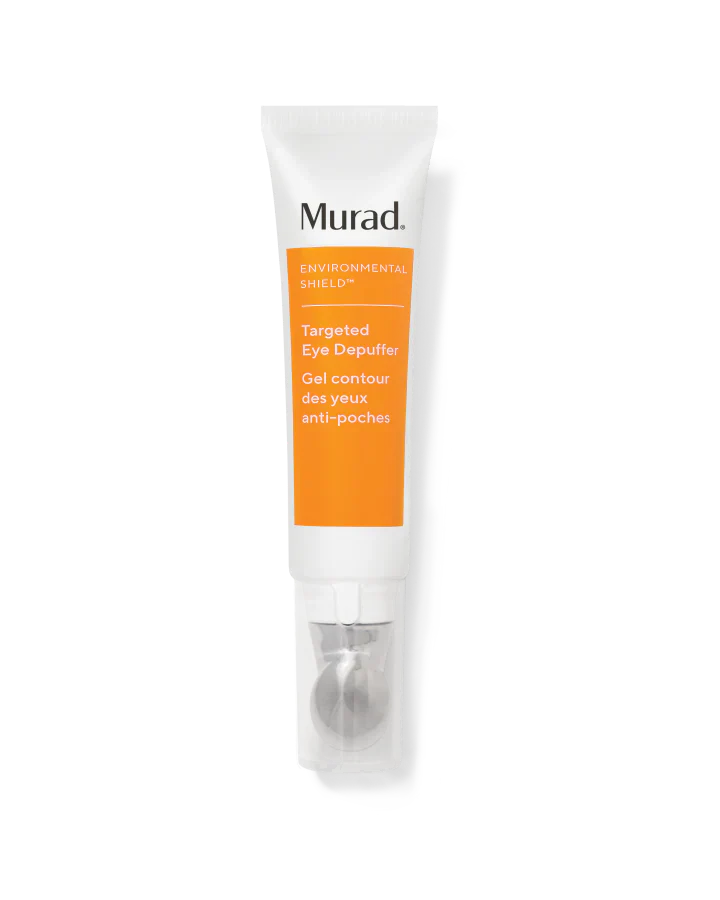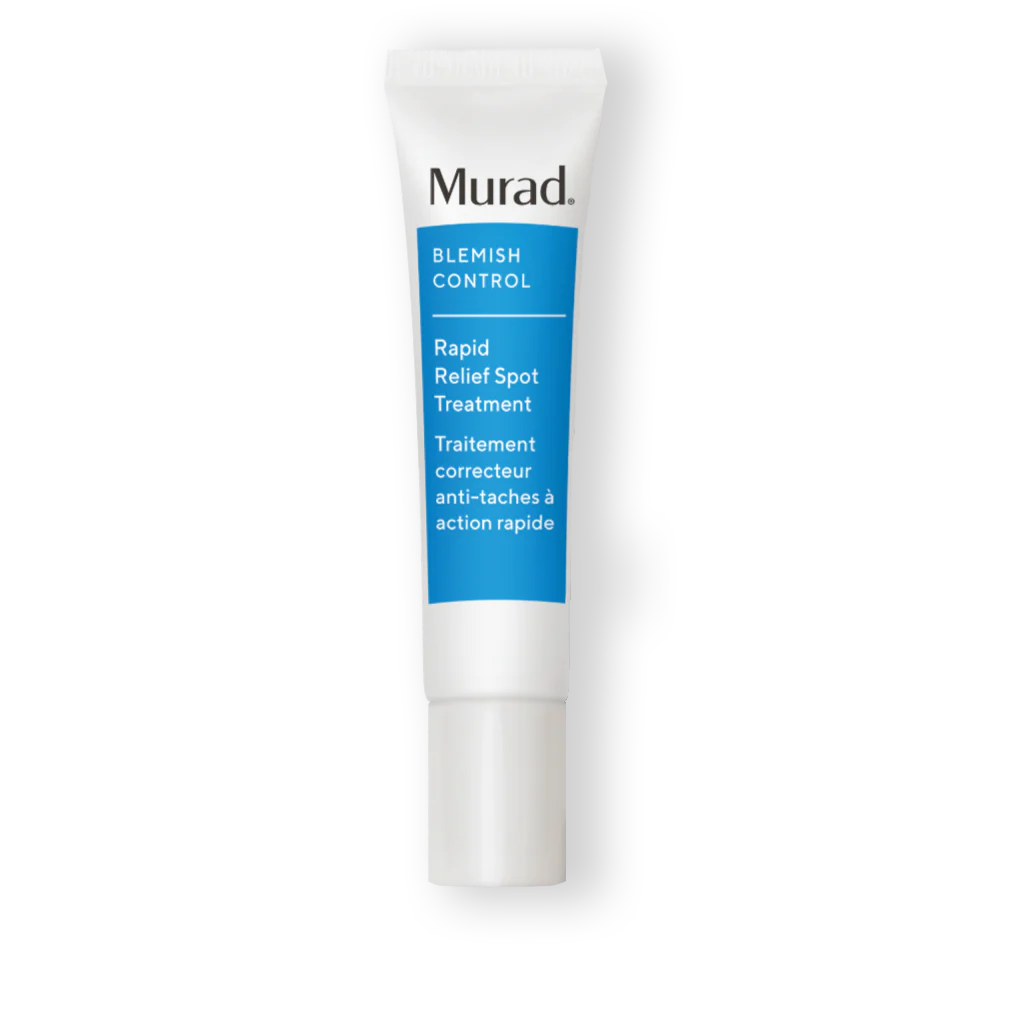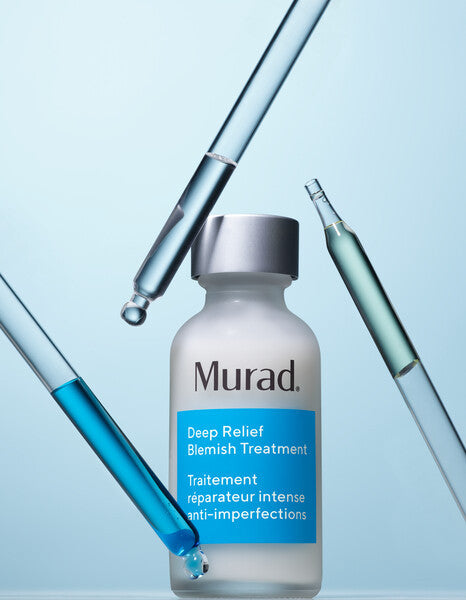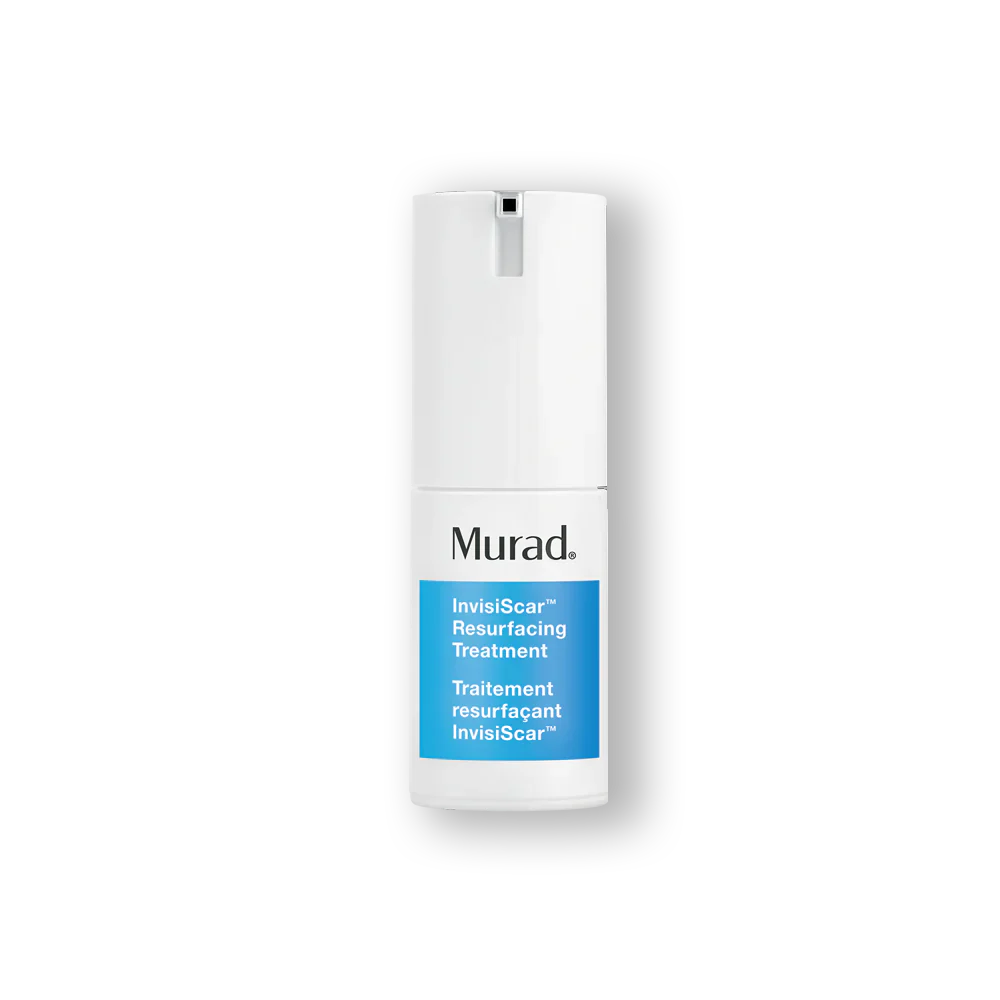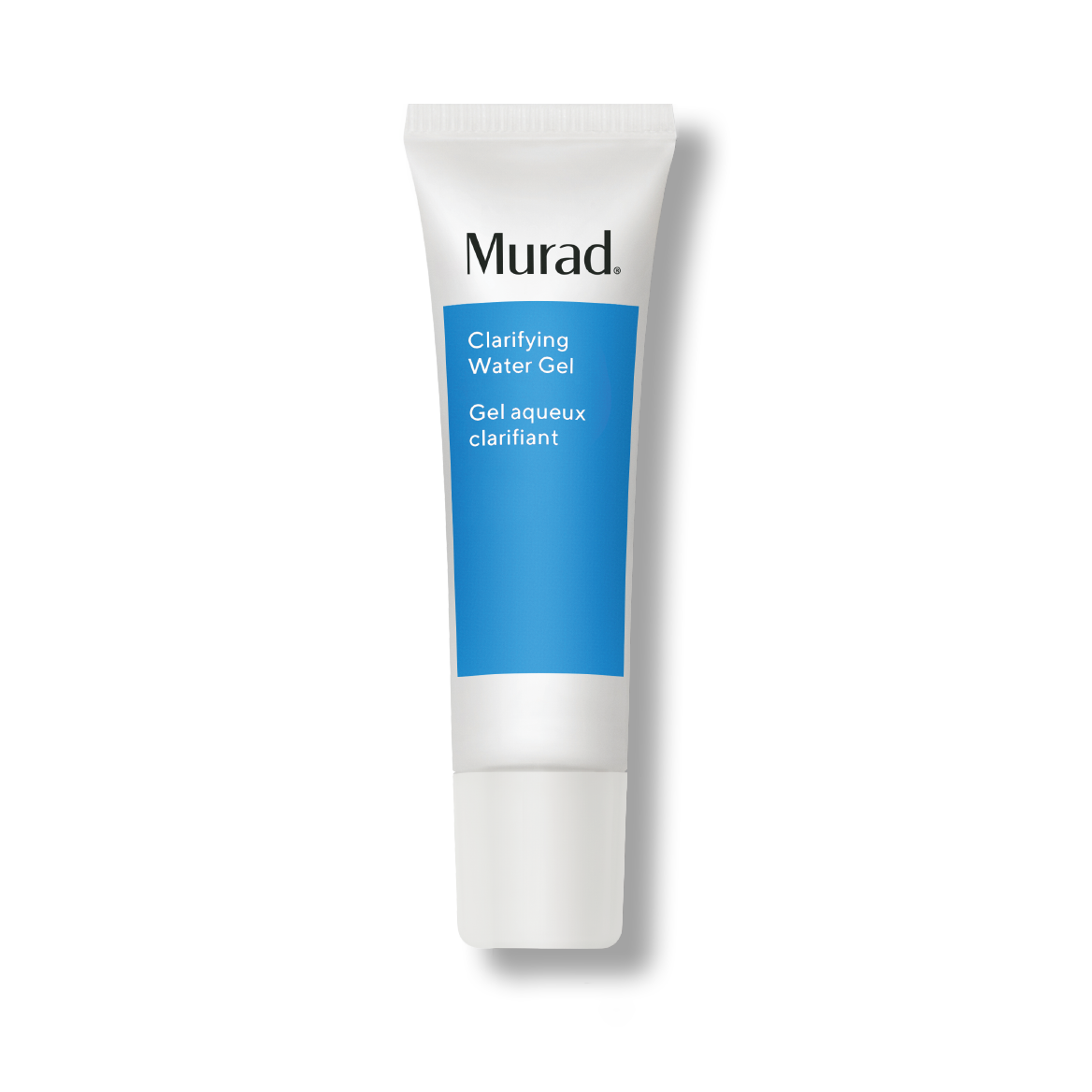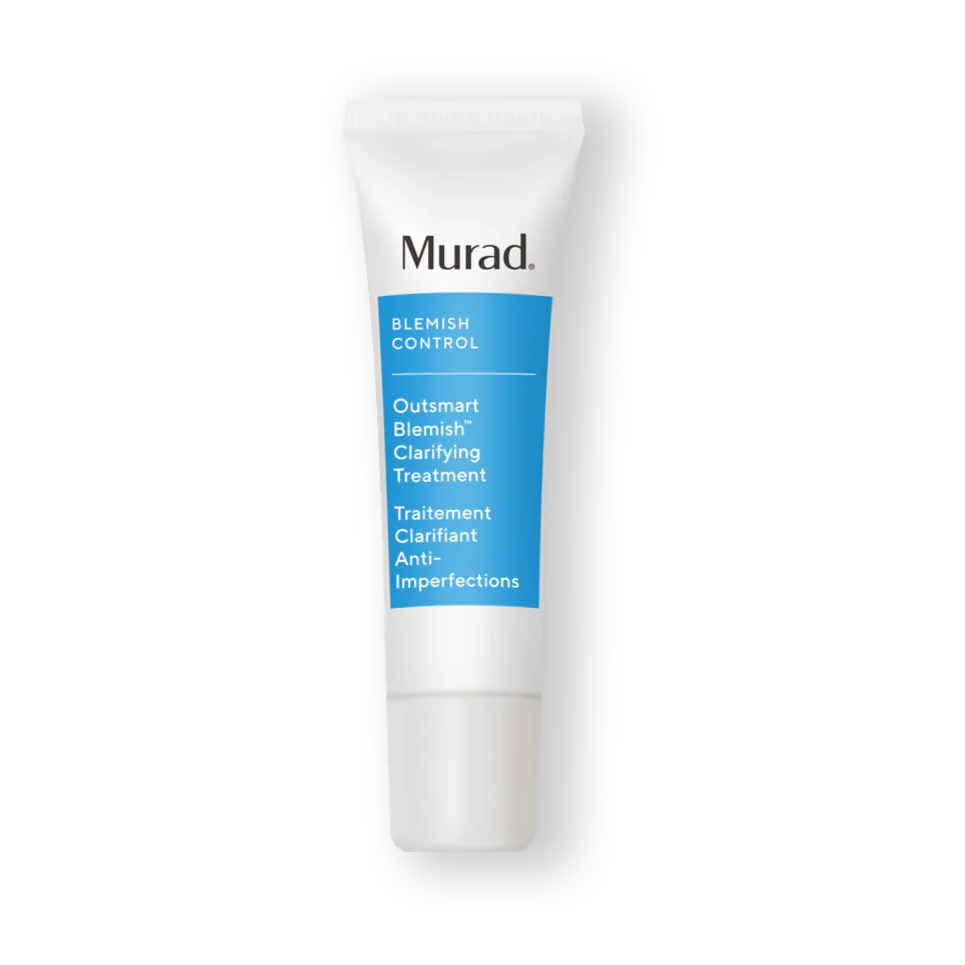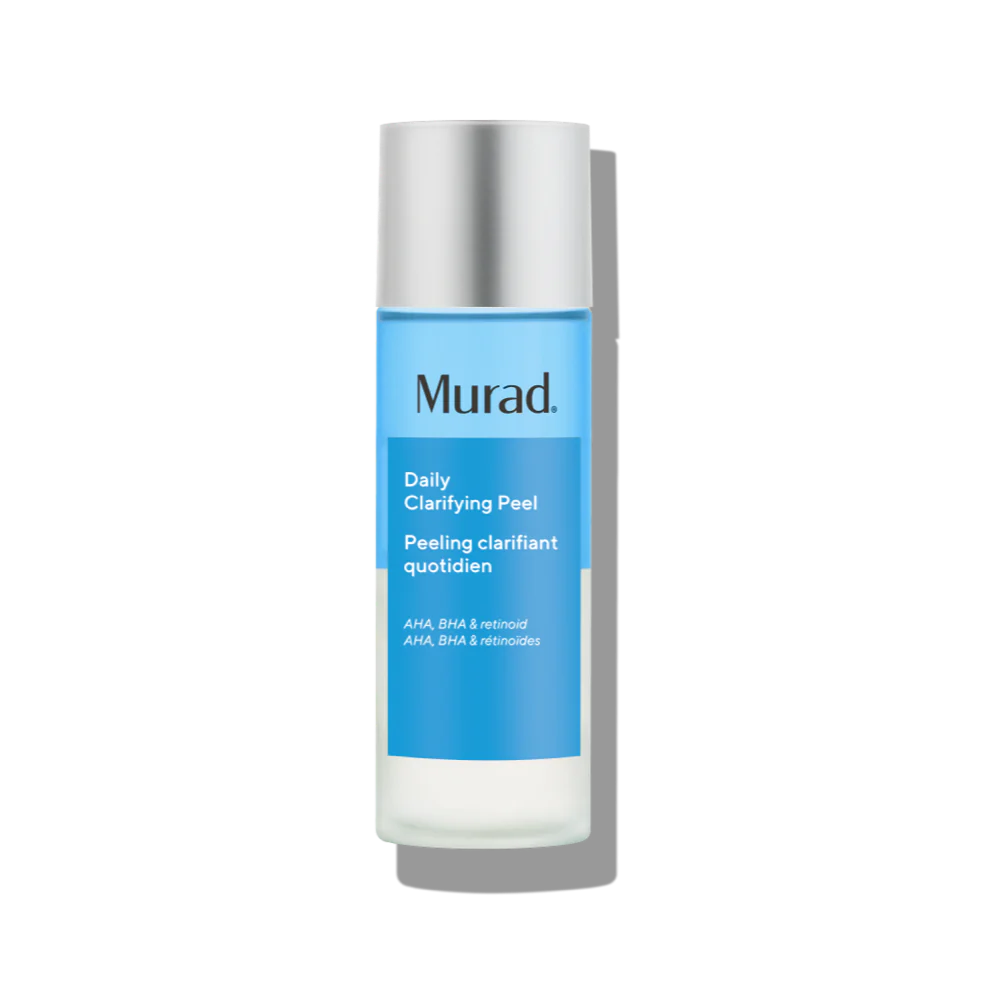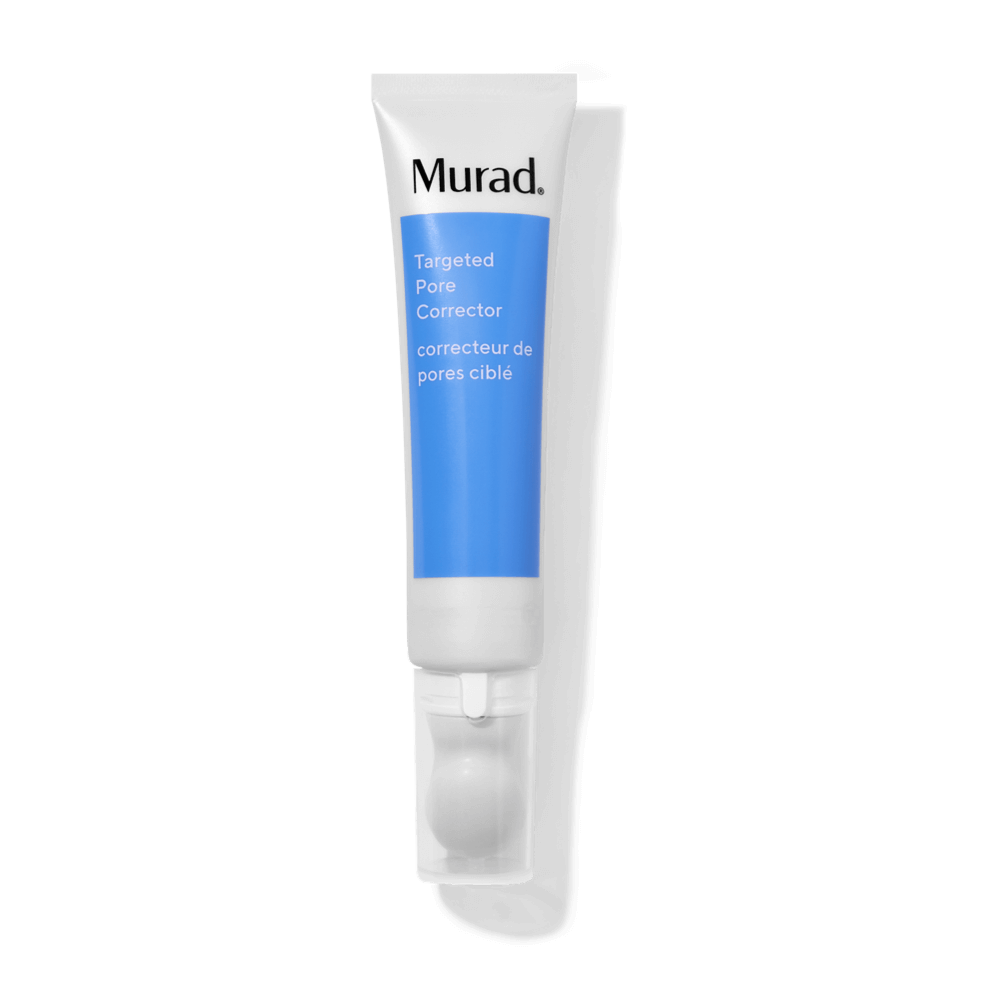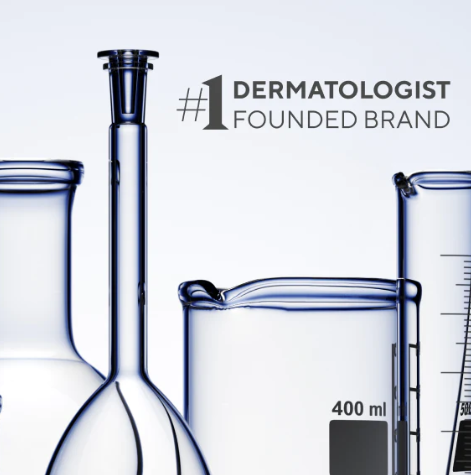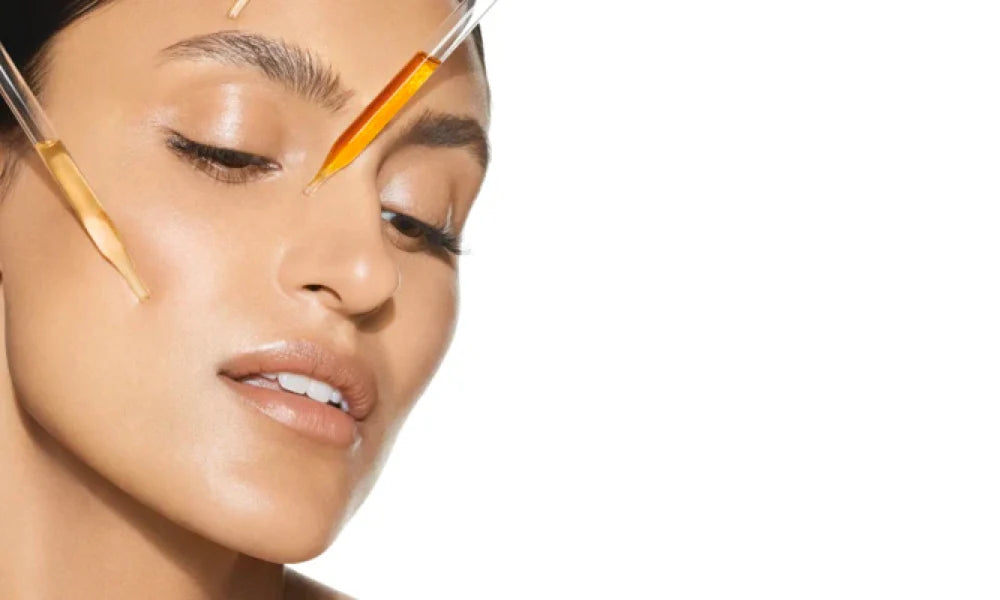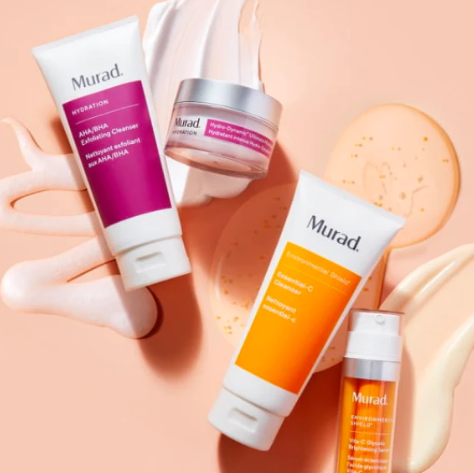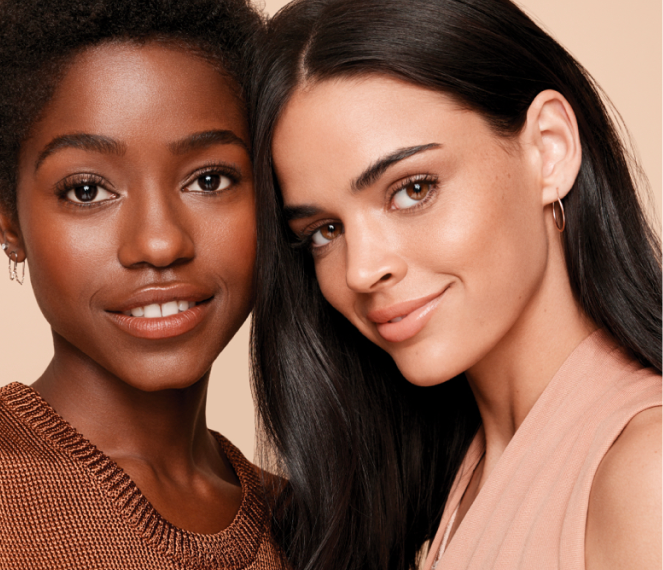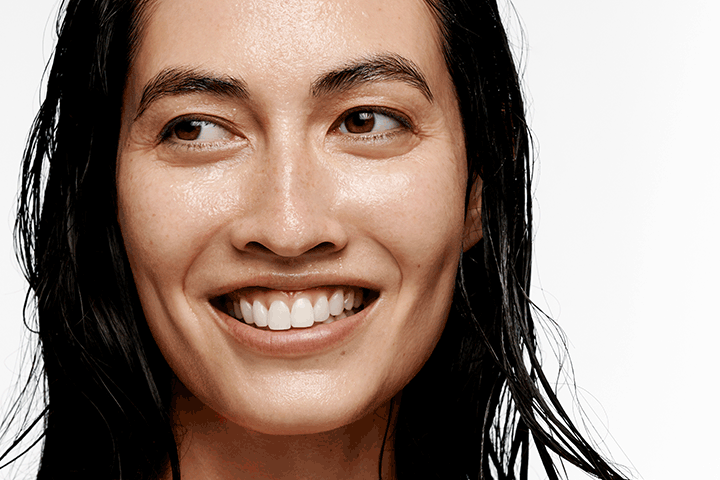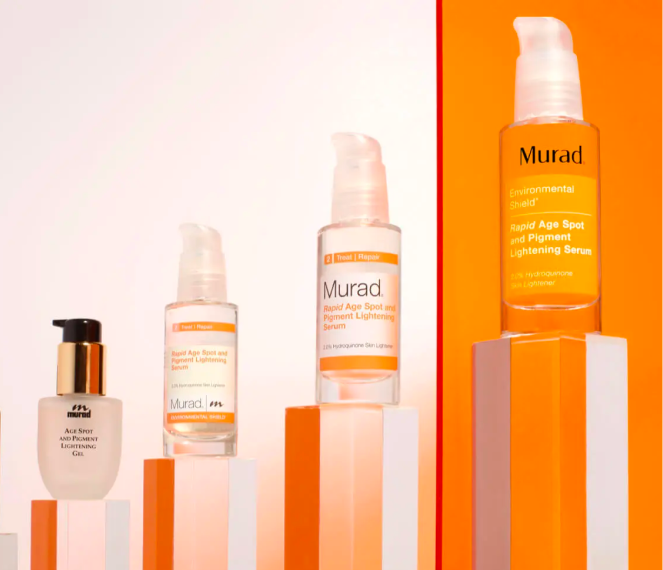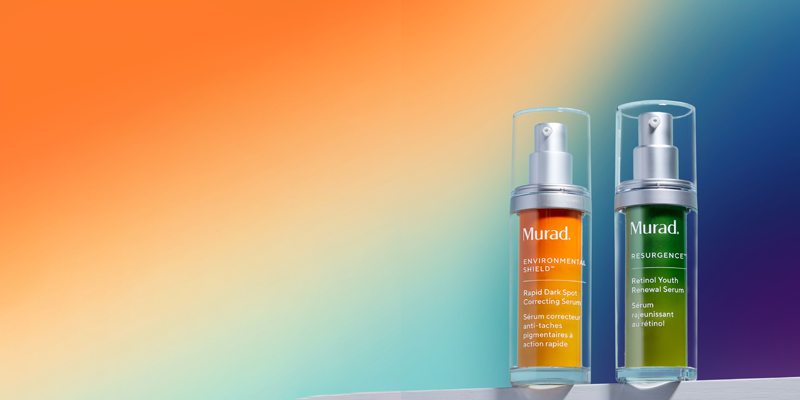A beginner’s guide to everything you need to know about the powerhouse ingredient Retinol
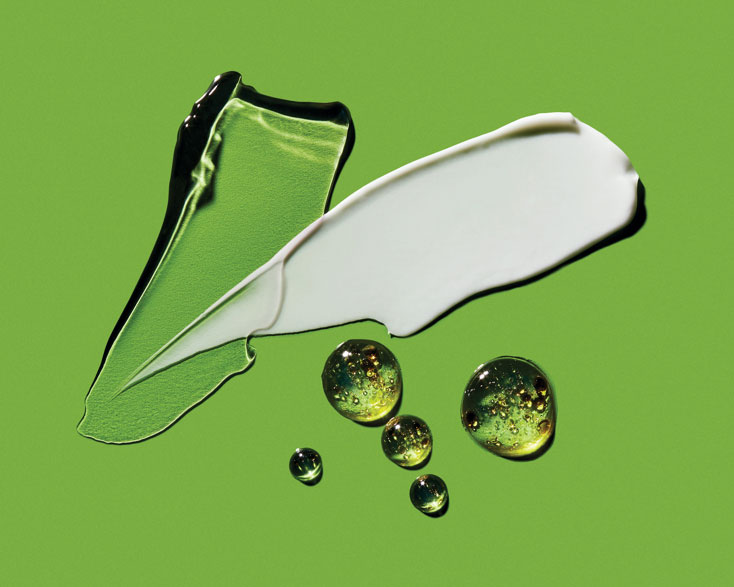
There is one skincare ingredient that consumers and dermatologists have agreed on for years—and that’s retinol. Read on for everything you ever wanted to know about retinol, including how to choose the best retinol products for you.
What is retinol? In short, retinol refers to a type of vitamin A. It’s been found in skincare products since the early 1970s, gaining popularity for helping to improve a wide range of skin conditions, including:
Uneven skin tone Wrinkles Fine lines Hyperpigmentation And general skin texture concerns Most products with retinol can be available without a prescription, with more potent products available by prescription to help fight acne and other more serious skin concerns.
Retinol vs. retinoids The terms retinol and retinoids are often used interchangeably. Retinol is actually a type of retinoid, but there are some differences to be aware of when adding a retinol product to your routine:
Retinoids: This is typically a catch-all term used for more prescription-strength products. Some retinoids are applied to the skin while others are taken orally. Retinoids are commonly used to fight blemishes that are more severe than your average whitehead.
Retinol: This is a type of retinoid in many over-the-counter anti-ageing products. Retinol isn’t as strong as prescription-strength retinoids, although some may experience redness and irritation when first using retinol. Both retinoids and retinol help increase the turnover of skin cells, which can help fight blemishes and reduce lines/wrinkles when used regularly.
What does retinol do for your skin? Retinol seeps into the outer layer of skin, where it helps prevent the signs of ageing by promoting a firm, supple and smooth look. For this process to occur, the retinol in your product must be converted to retinoic acid. When it comes to how to use retinol effectively, there are two oxidation steps needed for this conversion, including:
Oxidation, part 1: The fat-soluble vitamin A penetrates the skin, where it binds with one of your body’s keratinocyte receptors, which are basically cells that tell your skin it’s time to start the skin’s renewal process. It’s then converted to retinaldehyde.
Oxidation, part 2: The retinaldehyde is then converted to retinoic acid, which usually isn’t as powerful as products with retinoids. However, it’s still effective for promoting healthy, younger-looking skin. Benefits of using retinol regularly What exactly does retinol do when used regularly?
Gives you an anti-ageing boost: Your skin loses some of its suppleness as you age, contributing to the appearance of fine lines and wrinkles. Retinol helps plump up the look of skin, resulting in a smoother, more youthful look. Results in a smoother skin texture: The molecules in retinol help increase the turnover of dead skin cells, leaving behind smoother skin. Getting rid of these dead skin cells keeps your pores clearer, which can reduce pore size appearance and breakouts. Evens your skin tone: The increased skin cell turnover you get from using retinol products can improve the appearance of dark spots and marks over time. How can you use retinol? The consensus in the skincare community is to apply retinol as part of your rejuvenating skincare regimen at night and to avoid application if you have any plans to be in the sun. Why? Retinol can be highly unstable when exposed to UV light, thus becoming less effective. More importantly, it may cause your skin to become extra sensitive, so be sure to apply SPF as part of any skincare regimen that includes retinol. Additionally, you can apply a moisturiser to hydrate and help reduce skin irritation.
While retinoids are available in both oral and topical forms, retinol is typically only available in topical applications in these types of products:
Serums: These are concentrated formulas that usually only require a pea-sized amount.
Creams: Creams typically feature a moisturising agent along with retinol, which might make it a better choice for drier skin. What should you look for when buying retinol products?
If you’re wondering how to start, we’ve got you:
Start slow and low: Select a product with a low concentration of retinol (most over-the-counter products contain between 0.1% to 0.3% retinol). Applying the product a few times per week can help your skin adjust and avoid any unflattering side effects. Pick the right form for your skin type: If you have oily or acne-prone or oily skin, you may want to avoid a heavy retinol cream. A lighter serum might be a better, as these don’t usually include additional oils or moisturisers that may make skin feel greasier. Are there any side effects to using retinol?
When first using retinol, you may encounter these issues (although often these side effects will diminish after a few weeks):
Dry skin Appearance of redness Itching Peeling or flaking skin Mild irritation Sun sensitivity If you experience more severe irritation that doesn’t resolve over time, you should discontinue using the product and contact your dermatologist.
Minimising retinol side effects In addition to going slow (incorporating retinol into your regimen gradually) and low (using a low percentage product), some other tips to help minimise side effects include:
Retinol increases your skin’s sensitivity to the sun, so don’t skip the sunscreen Start by only using retinol a few times per week to minimise irritation Retinol requires patience—it can take weeks to produce visible results Increasing the frequency of application or the amount you apply isn’t likely to speed up retinol’s anti-ageing results
The views expressed in this article do not necessarily represent the views of Murad, and are for informational purposes only, even if the advice of physicians and medical practitioners are included. This article is not a substitute for professional medical advice, diagnosis or treatment, and should not be considered specific medical advice.
References for this information: American Academy of Dermatology Website, Everyday Care Journal of Cosmetic Dermatology, 2015, volume 15, issue 1, pages 49-57 Advances in Dermatology and Allergology, 2019, volume 36, pages 392-397 Clinical Interventions in Aging, 2006, volume 4, pages 327-348 American Osteopathic College of Dermatology website, Retinoids
Jacki Marzano is SoCal-based storyteller and head copywriter at Murad Skincare. She's shaped the voice of some of the most recognized beauty brands in the business, has a penchant for sharing homemade cookies, and believes SPF is the secret to getting carded well into your 40s.
Shop This Article
-
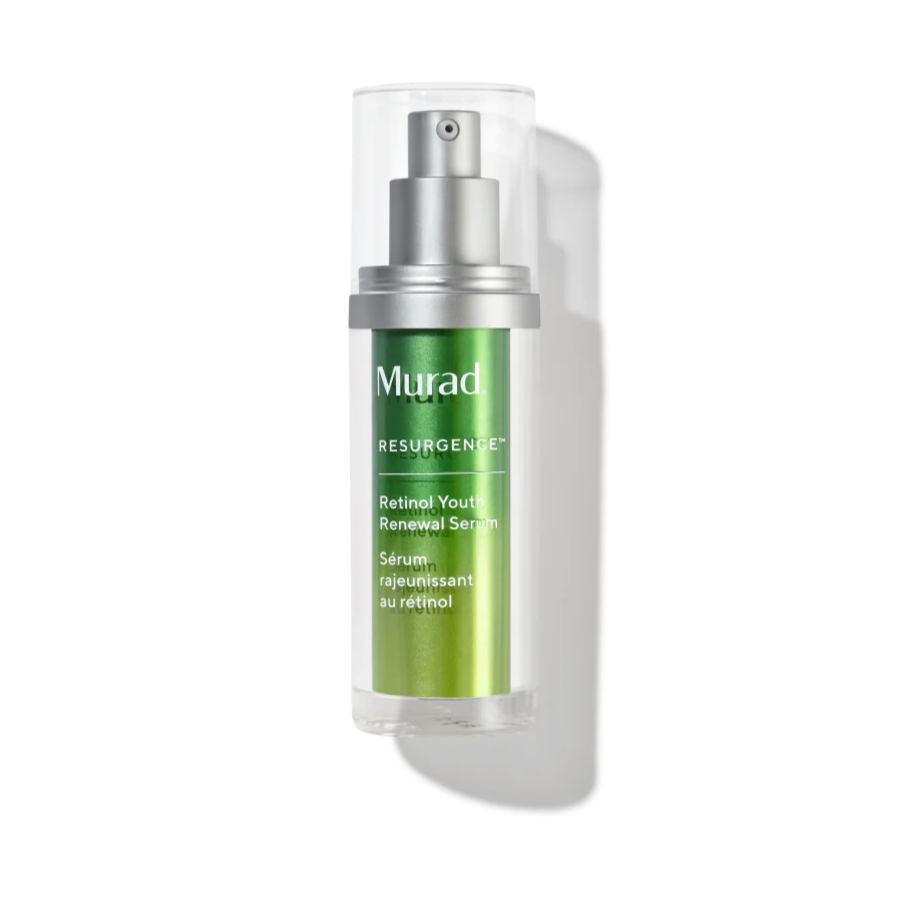
Retinol Youth Renewal Serum
Fast-acting serum with 3 retinol technologies visibly improves key signs of ageing in just 2 weeks. Gentle enough for nightly use.
$150.00 | 30ML -
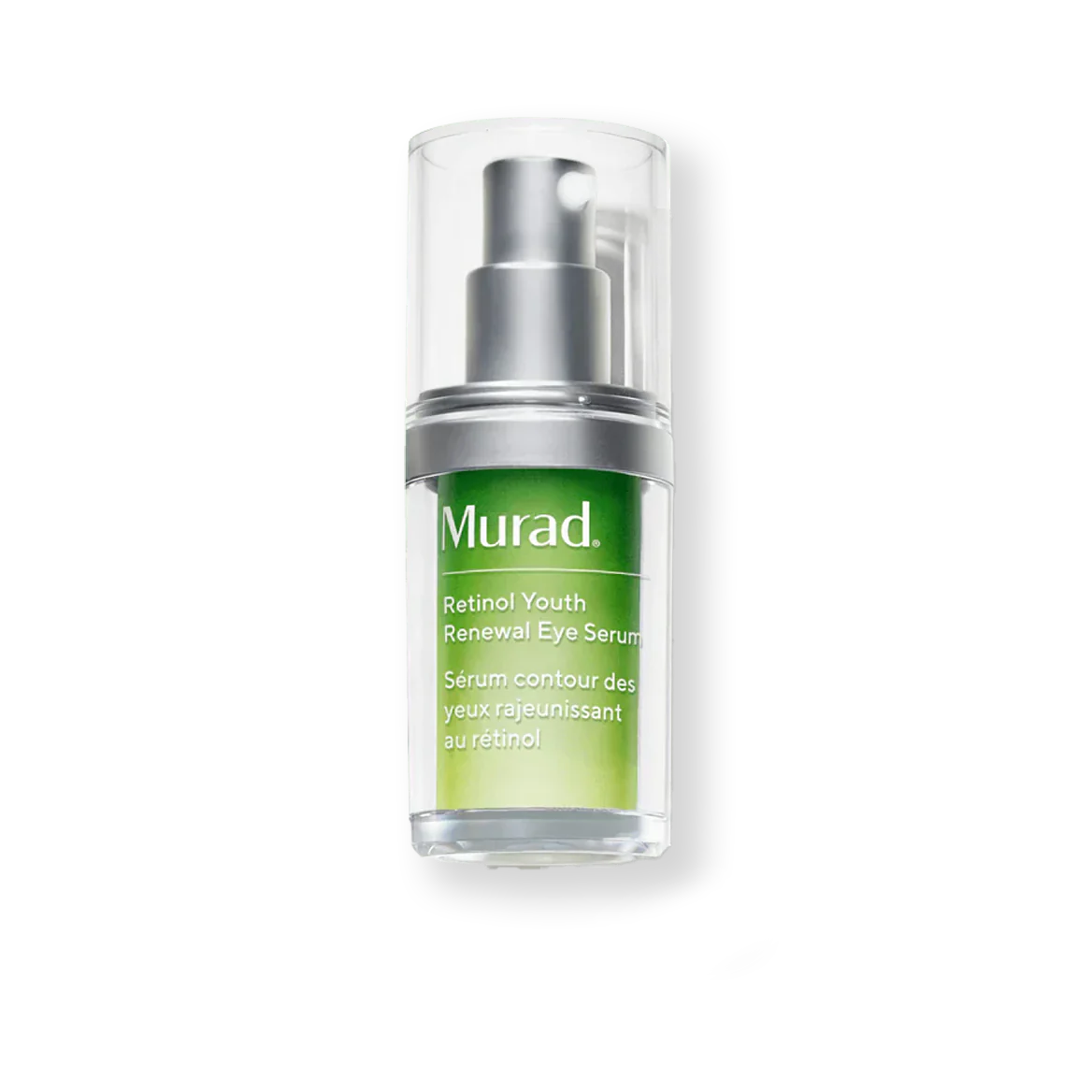
Retinol Youth Renewal Eye Serum
Prevent and reduce the look of wrinkles all around the eyes (including lids!) with Retinol Tri-Active Technology for potent-yet-gentle results
$140.00 | 15ML -
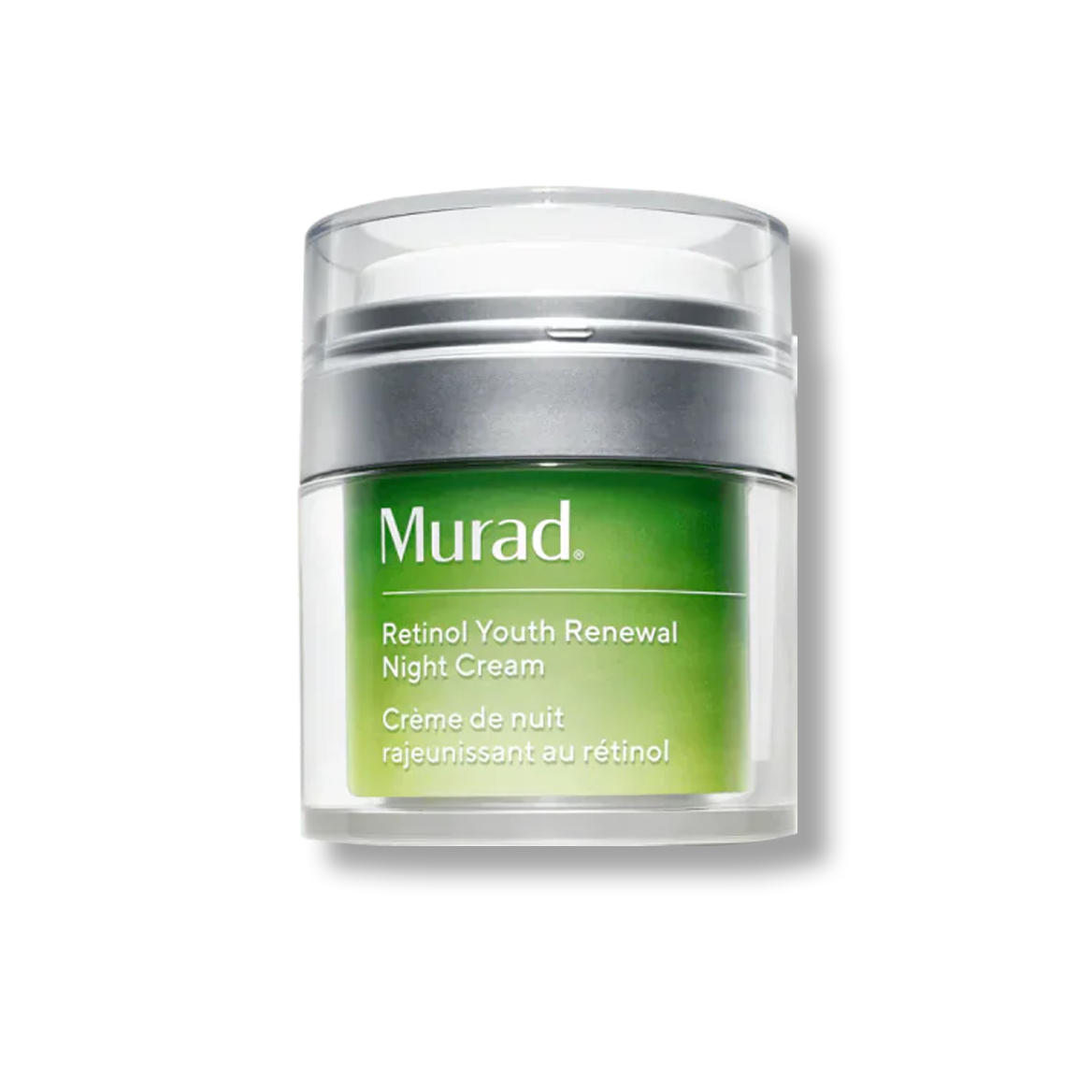
Retinol Youth Renewal Night Cream
This advanced night cream improves the look of youthful contours and wrinkles while intensely hydrating
$135.00 | 50ML
